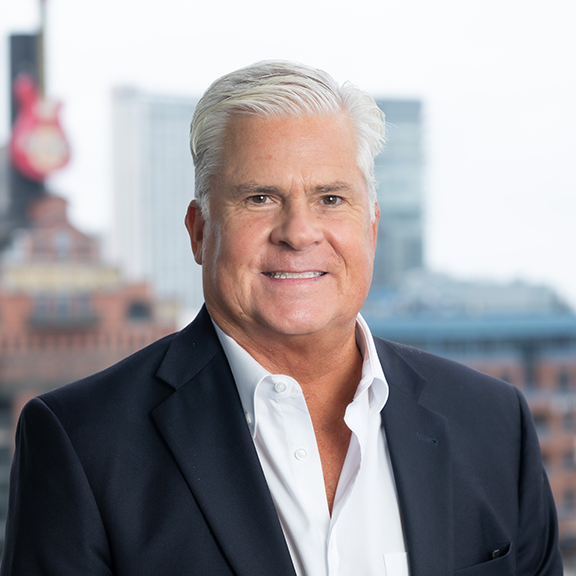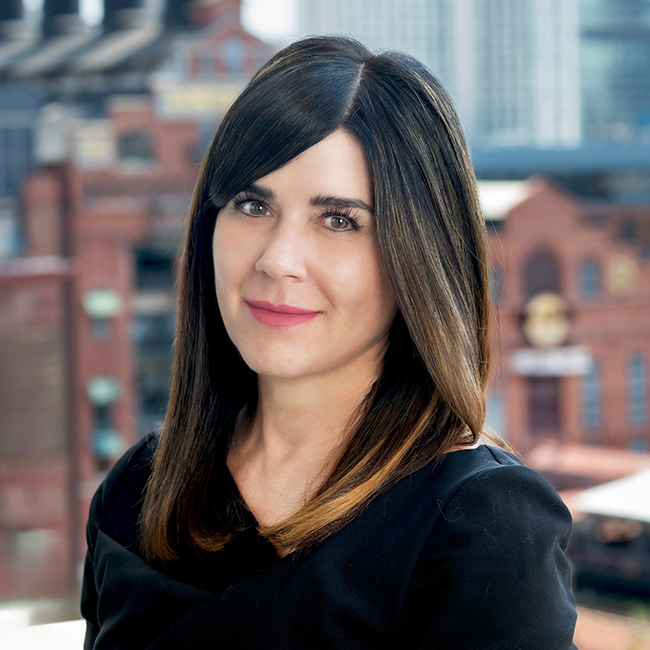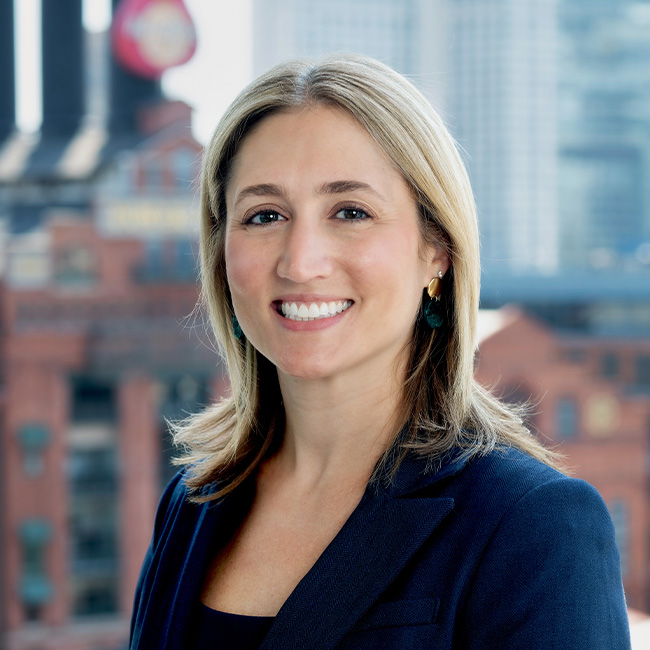Chosen for Results.
Baltimore City Liquor Board Processes
The Board of Liquor License Commissioners for Baltimore City (BLLC) is responsible for regulating and controlling the number of establishments permitted to sell alcohol in Baltimore City. The BLLC administers the liquor license process pursuant to state law and promulgates its own rules and regulations accordingly.
Joseph R. Woolman leads Silverman Thompson’s Baltimore City Liquor Board practice. This includes the representation of the bar, restaurant, and hospitality industry as they navigate the complex administrative process required for the issuance of liquor licenses in the Baltimore metropolitan area. Mr. Woolman has over 15 years of experience working closely with the leadership and staff at the BLLC, as well as state and local elected officials regarding a variety of issues related to liquor licenses.
There are various types of liquor licenses that can be obtained in Baltimore City depending on the purpose for which the license will be used. The licenses consist of (1) Beer and Wine, or (2) Beer, Wine, and Liquor. Each category includes different classes depending on the type of establishment, purpose for the license, how the liquor will be sold, days the liquor will be sold, and times the liquor will be sold in Baltimore City. Mr. Woolman and his colleagues at Silverman Thompson assist clients in the preparation of the requisite documents required under the law to obtain a license.
Our team appears before and consults with the BLLC regularly to represent our client’s interests in a variety of liquor license matters including, but not limited to; the transfer, issuance, and renewal of liquor licenses as well as the occasional hardship and/or violation proceeding.
Read Mr. Woolman’s articles on “How to Get a Baltimore City Liquor Board License” and “How to Get a Baltimore County Liquor Board License”
Contact an Experienced Baltimore Liquor License Attorney
If you have questions regarding liquor licenses in Baltimore County or would like assistance in other hospitality, zoning, or real estate matters, please do not hesitate to contact Joseph R. Woolman at 443.909.7489 or jwoolman@silvermanthompson.com.




